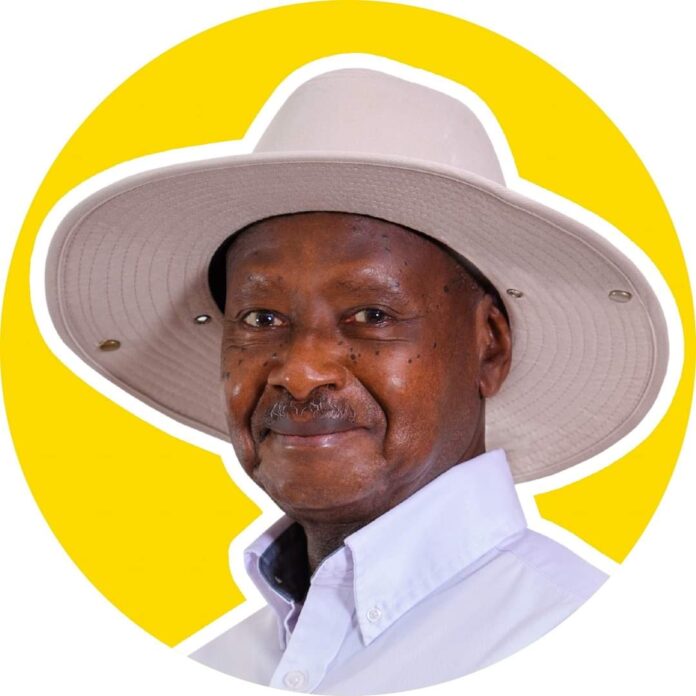The good side of President Museveni of Uganda, By Hurso Adam
Yoweri Kaguta Museveni, is one of the longest serving leaders in Africa. Museveni, who has been in power since 1986, has shown a remarkable effort to welcome refugees into Uganda.
Museveni has been described by many as dictator and also has been praised for his country’s welcoming policy towards refugees. I am writing here on the good side of President Museveni in which Uganda has been hailed as a model for other nations to follow in addressing one of the world’s biggest humanitarian crises. Even the United Nations High Commissioner for Refugees (UNHCR), affirmed that Uganda has received more than 1.4 million refugees from neighboring countries such as South Sudan, the Democratic Republic of Congo, and Burundi. Uganda has also welcomed refugees from other parts of the world like Somalia, Eritrea, and Rwanda. Uganda is the largest refugee-hosting country in Africa. Museveni’s vision for accepting refugees is rooted in the belief that no one should be denied the right to seek asylum in another country.
Under Museveni’s policy, refugees are not only welcomed but are given land, resources, and freedom to work, go to school, and access healthcare. The country aims to promote self-reliance and integration of refugees into Ugandan society. I have met many refugees who adopted Uganda as their second home and all are saying good about Museveni in particular and Ugandan in general.
Read Also:
Museveni has also advocated for a regional approach to address the crisis, hosting summits of regional leaders to discuss the refugee situation and find solutions. His leadership in bringing together leaders from Sudan, South Sudan, and Uganda to find solutions and end conflicts that cause refugees demonstrates his commitment to addressing the root causes of refugee displacement. I think this gesture is worth remembering for the generation yet unborn.
Museveni’s acceptance of refugees has not only been recognized by international organizations, but it has also generated positive economic results for Uganda. Refugees have started businesses and created jobs, contributing to the local economy.
However, Uganda’s open-door policy towards refugees has not been without challenges. The country faces issues of funding, as the international community has not provided enough resources to sustain the vast number of refugees. Despite the challenges, Museveni remains committed to his policy of welcoming refugees, recognizing that it is a human rights obligation and a global responsibility.
In conclusion, Museveni’s policy towards refugees sets an example for other countries to follow. It shows that refugees can be successfully integrated into a nation’s economy and society, and that addressing the root causes of refugee displacement through regional cooperation is crucial. Uganda’s effort to provide a safe haven for refugees is a testament to its commitment to universal human rights and global responsibility.
Yes, Museveni has done so much to his beloved country in the last thirty years. I also wants to conclude with the saying of pan-African professor P.L.O. Lumumba “no matter how good you are don’t overstay”. I loved President Museveni’s open door policy towards the refugees. In my opinion I see Museveni (and former Chancellor of Germany, Dr Angela Merkel) as people with good hearts towards the displaced, rejected and betrayed people of world. In Museveni there are some good things to learn.
Hurso Adam, Ph.D wrote from Abuja.
















